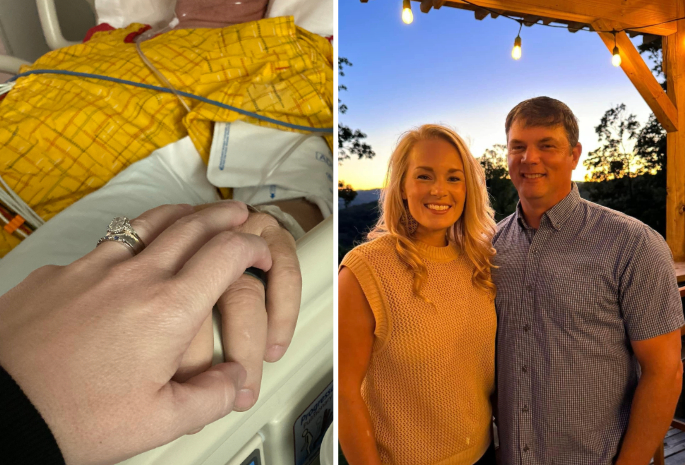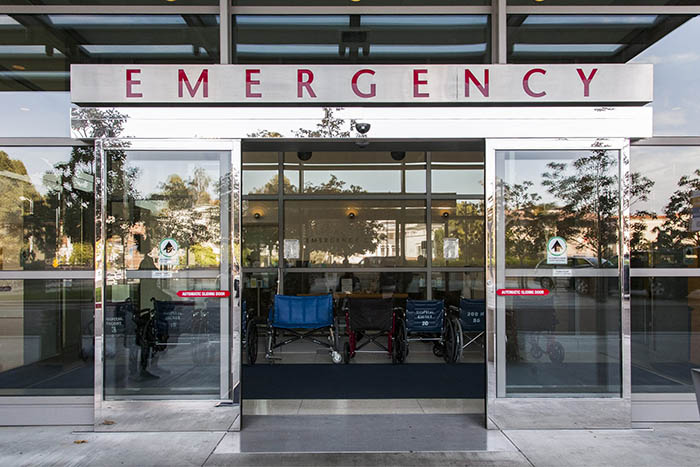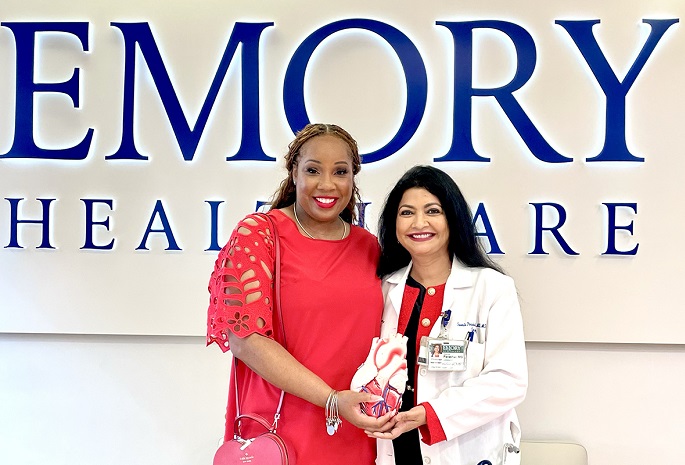A fit, athletic 64-year-old and lifelong rower, Luis Aparicio is the last person you would imagine suffering a near-fatal heart attack. Much like his life story, Aparicio’s recovery is all about dedication and persistence. Thanks to the Cardiac Rehabilitation Program at Emory Saint Joseph’s Hospital, he is eagerly sharing his powerful story with others.
“I’m a miracle,” Aparicio says. “I will always be grateful to cardiac rehab because they have empowered me.”
Aparicio’s story began as a young boy growing up in Mexico City. While his friends were active soccer players, Aparicio never took a liking to the popular sport in his hometown.
“I wasn’t good in soccer, so my coach took me to the rowing club,” he says.
At the age of 13, Aparicio had such a natural talent for rowing that his dedication to the sport included riding on six buses across town for two daily training sessions. The hard work paid off, and Aparicio represented Mexico in the Olympic Games of 1968, 1972 and 1976.
In his mid-20s, Aparicio returned to school and earned a master’s degree in world history. Fluent in six languages, he began working as a translator for Olympic athletes and for NBC Sports but continued to participate in rowing championships all over the world, including the Pan American Games and the U.S. Masters National Rowing Competition. Through the years, Aparicio has won an impressive 675 medals.
A few months ago, Aparicio was competing for the 11th time in the world’s largest two-day rowing event, the Head of the Charles Regatta in Boston, Massachusetts, with fellow members of the Atlanta Rowing Club. What should have been a typical competition for Aparicio instead turned into a fight for his life.
Mid-race, Aparicio suffered a massive heart attack and was transported to the hospital. The prognosis was grim — he was in an induced coma and doctors told his wife to prepare for the worst.
“In the morning, I was dead, and in the evening, I moved my toes,” says Aparicio, about the miraculous change in his condition.
After nine days in the hospital, Aparicio was transported back to Atlanta, where his long journey back to health began with his participation in an extensive cardiac rehabilitation program.
“The first session, I couldn’t even walk, and every step was so painful,” says Aparicio after suffering nine broken ribs from CPR administered during his heart attack. “Now I’m back, and the progress I have made with them is unbelievable,” he added.
“If anyone tells you that rehab doesn’t work, tell them to come see me. This can happen to anyone at any time.”




